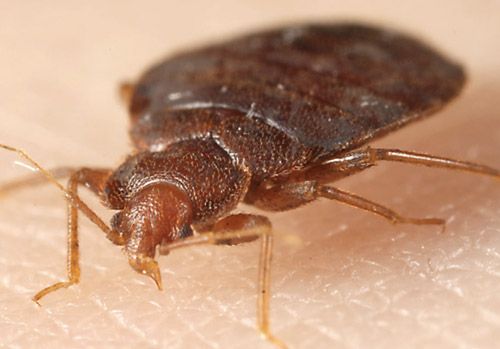
Understanding Bug Bites on Skin: A Comprehensive Guide
Bug bites on the skin can be an annoyance, an irritation, or even a source of concern. Whether you’ve been out in the garden, at the beach, or simply enjoying the outdoors, encountering these unwanted pests is a common occurrence. In this detailed guide, we will delve into the various aspects of bug bites, from their causes to their symptoms, treatment, and prevention methods.
Causes of Bug Bites
Bug bites can be caused by a wide range of insects, each with its own unique characteristics. Some of the most common culprits include mosquitoes, ticks, bed bugs, fleas, and ants. Here’s a closer look at each:

| Insect | Common Habitat | Typical Bite Characteristics |
|---|---|---|
| Mosquitoes | Moist areas, such as swamps, marshes, and stagnant water | Red, itchy bumps, often with a small, white dot in the center |
| Ticks | Wooded areas, tall grass, and brushy landscapes | Red, itchy bumps, with a small, dark spot at the bite site |
| Bed Bugs | Bedding, furniture, and cluttered areas | Red, itchy bumps, often in a line or cluster |
| Fleas | Animals, carpets, and furniture | Red, itchy bumps, often with a small, black speck at the bite site |
| Ants | Lawns, gardens, and buildings | Red, itchy bumps, often in a line or cluster |
Understanding the source of the bite can help in determining the appropriate treatment and prevention methods.
Symptoms of Bug Bites
The symptoms of bug bites can vary widely depending on the type of insect and the individual’s sensitivity. Common symptoms include:
-
Red, itchy bumps or welts on the skin
-
Pain or swelling at the bite site

-
Darkening of the skin around the bite
-
Feeling of warmth or heat at the bite site
-
Generalized itching or hives
In some cases, bug bites can lead to more severe reactions, such as anaphylaxis, which is a life-threatening allergic reaction. If you experience difficulty breathing, swelling of the throat, or a rapid heart rate after a bug bite, seek medical attention immediately.
Treatment of Bug Bites
Most bug bites can be treated at home with simple measures. Here are some effective treatment options:
-
Cool Compress: Apply a cool, wet compress to the bite site to reduce swelling and itching.
-
Antihistamines: Over-the-counter antihistamines, such as diphenhydramine (Benadryl), can help alleviate itching and reduce inflammation.
-
Topical Creams: Calamine lotion or hydrocortisone cream can help soothe the skin and reduce itching.
-
Oral Pain Relievers: Nonsteroidal anti-inflammatory drugs (NSAIDs), such as ibuprofen, can help alleviate pain and reduce inflammation.
In cases of severe allergic reactions or infections, medical treatment may be necessary. Your healthcare provider can prescribe stronger medications or provide other forms of treatment.
Prevention of Bug Bites
Preventing bug bites is often easier than treating them. Here are some tips to help you avoid these pesky pests:







